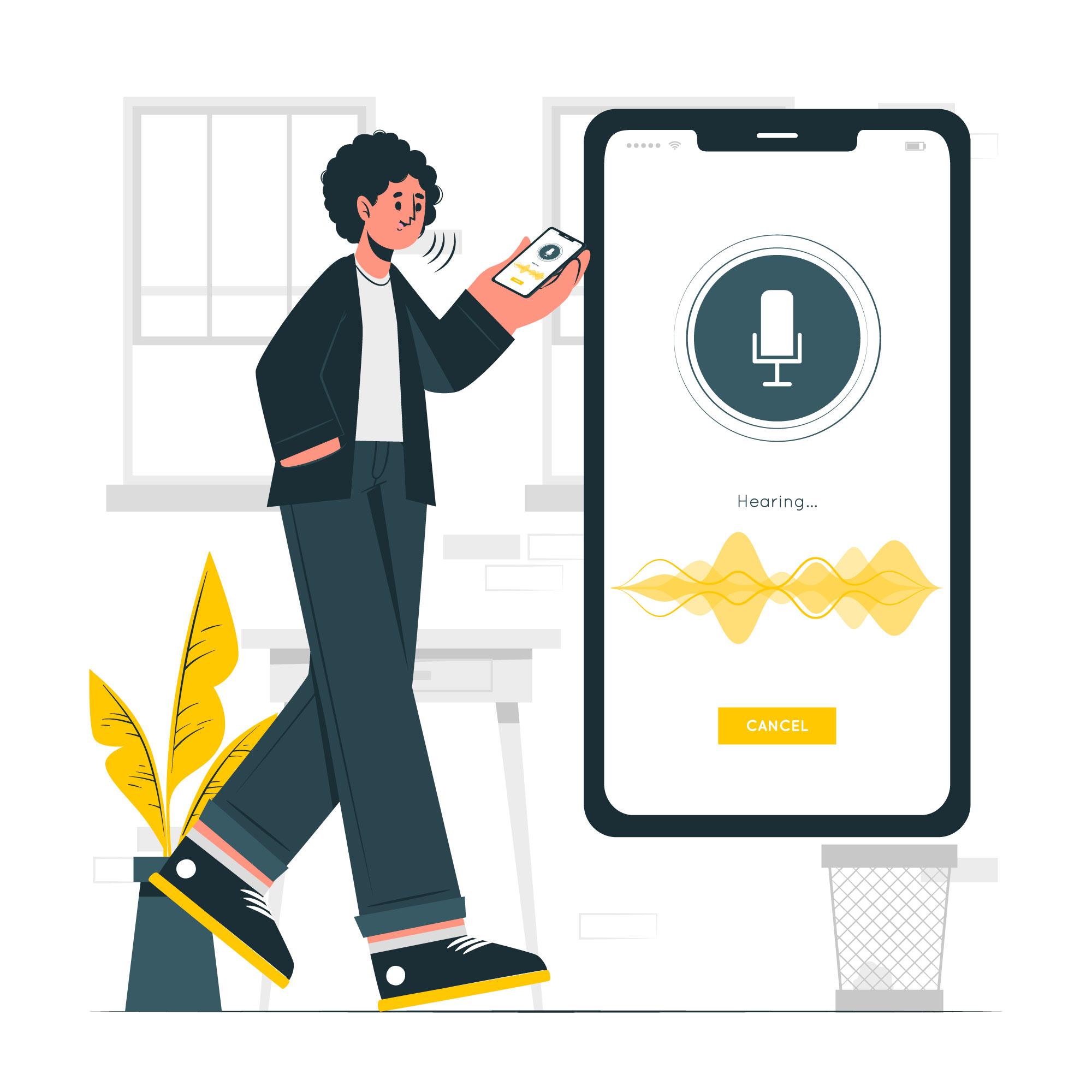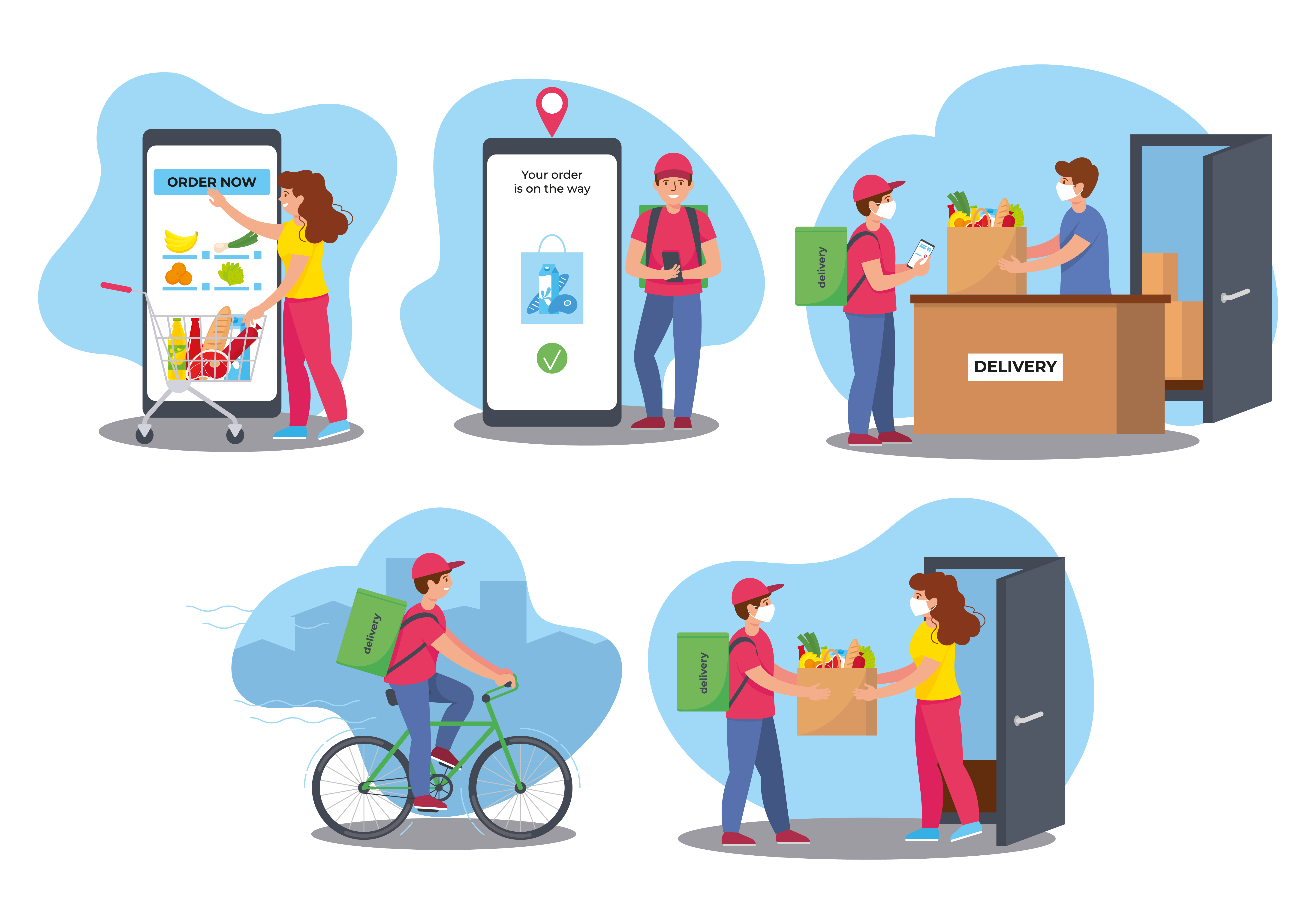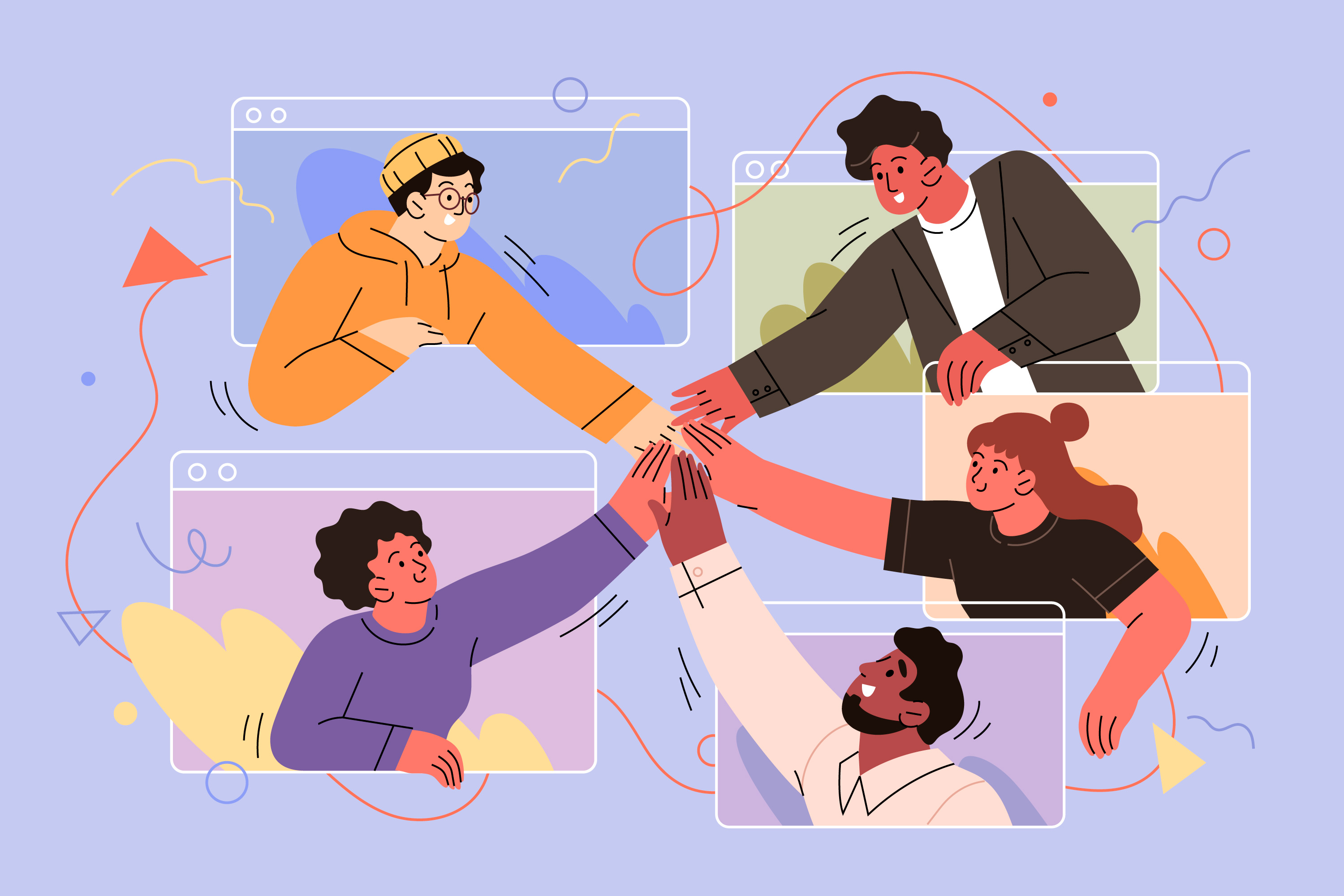If you want to be diverse, adopt these tips to be inclusive in the real mode.
Although late, the world is now embracing the concept of diversity and inclusivity in full throttle. Yes, we know the terms are known for ages. But no one had truly accepted these until recently, with all the discussions, agitations, and righteous demands after various unappetizing incidents. So it’s for the best too.
So, let’s tell you some great ideas to implement in your online surveys that pay cash in India, the US, and other countries. By implementing these, online surveys will help you to board the bandwagon of a justly diverse and inclusive company.
How to Make Surveys More Inclusive?
1. Write Better Gender-Related Questions
Days of offering male and female radio buttons in the gender section in the user’s profile and your survey form are a passe. If you offer only these choices, you need to refine your questions immediately to be diverse and inclusive. Provide more radio buttons to include the LGBTQIA+ community. Instead of throwing a binary gender-based question, ask sexual inclination to your respondents.
Never miss to include “don’t want to discuss” as an option. This will help those users who’re still in the closet or not sure.
2. Ethnicity, Race, and Nationality
The world has seen much biasing based on ethnicity, like gender. However, to be diverse in all aspects means to be inclusive holistically. And ethnicity is a steep slope where slipping is almost inevitable.
Try not to limit options about ethnicity questions to religions. That might not be the right idea to classify your data. Race is close to a good option, and ethnicity is better, being broader to cover cultural nuances. Being White, Black, or Asian falls under race. But when you include ethnicity, you’re covering a larger ground because instead of Asian, you would be asking if your user is Filipino, Chinese, Korean, Asian Indian, etc.
With all the inherent privileges some communities receive, being open-minded in collecting such data is most important. And remember, the US is not the only country where your users stay. And Europe is not a nation but a continent.
Another great tip to be inclusive here is to leave a box for the user to fill in if their ethnicity or race isn’t covered.

3. Explain the Purpose of Demographic Questions
But before this, analyze if you need to ask gender-based questions. What if your respondent wants to fill in the right information but chooses to remain anonymous in the reported data? In that case, you must reveal if you’re going to classify the data based on sexual orientation. Also, allow your users to choose to remain anonymous.
4. Accessibility Should Be the Priority
A lot of surveys for quantitative and qualitative market research are text-based. They don’t fulfill a broader category of people who face challenges while reading or watching videos, or seeing images. Audio challenged users can find it difficult to comprehend a video or audio file.
Make your surveys accessible in various formats with crisp and concise language. People with disabilities would thank you for being inclusive this way. Add read aloud options. Alt-text in images helps people having trouble deciphering colors. Avoid acronyms. If necessary, use the full form in the first instance. Keep your forms adjustable with options to increase the size desired by the users.
Colors play a crucial role in making decisions. But they can be misleading or guiding too. Don’t just use color for their face value: red as no and green as yes. Better to spell the colors instead of just coloring the buttons.
Emoticons are great for forms. But also provide options to users who want to convert such a question into simple text-based options.
5. Use Skip Logic in Your Survey Forms
If your user has selected apolitical as an option for their political inclination, you shouldn’t ask them about the party they support. And who do they wish to rule in the next government?
Similarly, your users may select nonreligious in their religious inclination. For them, your form should completely skip any question discussing religion. What is the point in asking them what they think about a particular festival?
Skip logic allows you and yours to not face situations they try to avoid or don’t like to discuss.
Bonus Tip: Trigger Warnings Help
It’s extremely important to throw caution at what your users can expect from your survey form. If you’re asking questions based on a video, anything can trigger trauma in users. For instance, patterns might serve a purpose in explaining a topic in the video. But such videos trigger people prone to trypophobia. Trigger warnings are especially important in rendering a safe zone for people with mental health problems.

How Opinionest Can Help in Video Surveys?
We at Opinionest believe in inclusivity and abide by its protocols very seriously. So, our online survey forms and qualitative market research processes reflect the same. So, if you worry about falling off while walking on this thin rope, worry not a bit. You’re in the safe and expert hands when you work with us. To do that, please contact us today



You may also like

The Future of Voice Surveys: Will We Be Talking to Our Devices to Complete Surveys?

How Your Opinions Shape A Brand’s Services and Its Performance in the Market

The Role of The Respondent Community in Your Survey Journey

Survey Incentives Vs. Intrusive Ads: How to Tell the Difference

Copyright © 2025-2026 Track Opinion. all rights reserved.



